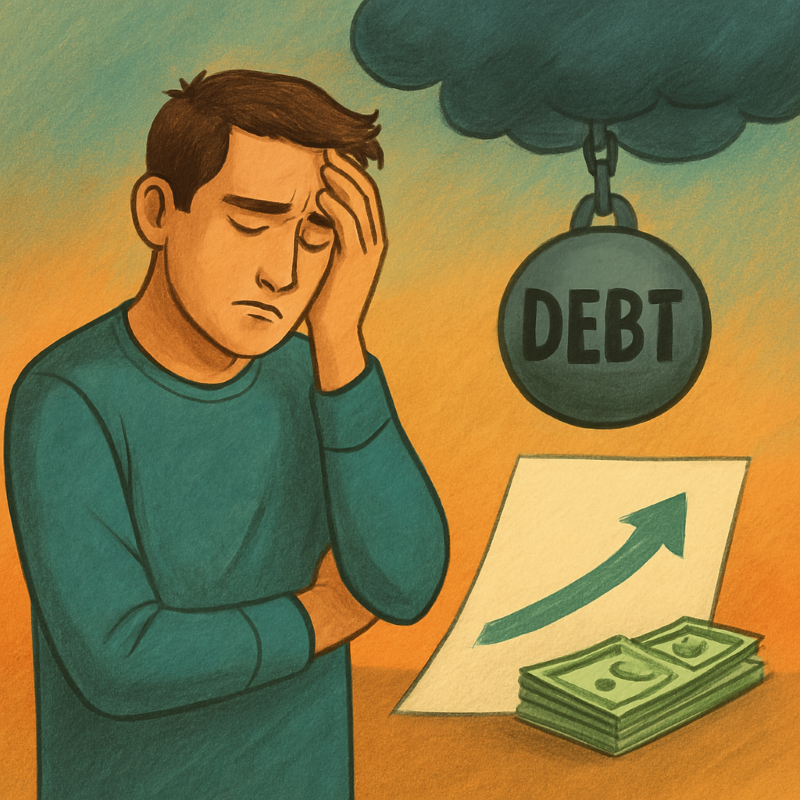Debt—it’s something almost everyone deals with at some point. Whether it’s credit cards, home loans, student loans, or unexpected expenses, debt can quickly spiral out of control if not handled properly. The good news? You can take steps to manage and reduce your financial burdens.
Let’s break it down.
Is Taking on Debt a Bad Thing?
Not necessarily. Loans help us afford important things, like a home, education, or even necessary purchases. The problem starts when debt gets out of hand—missing payments, accumulating interest, and sinking deeper into financial stress.
If you frequently miss payments, lenders may flag you as a high-risk borrower. This affects your credit score, making it tougher to qualify for future loans. Over time, it can close financial doors you may need later.
But don’t worry—if you’re struggling, there are strategies to get back on track.
How to Reduce Debt and Take Control
1. Get Expert Debt Counseling
If debt feels overwhelming, seek professional advice. Many organizations specialize in credit counseling, helping you create manageable payment plans without drowning in interest.
2. Handle Credit Cards Wisely
✔ Limit your cards—More cards = more payments = more risk.
✔ Consolidate debt—If possible, move balances to a lower-interest card.
✔ Prioritize payments—Tackle high-interest cards first to minimize long-term costs.
“ Financial struggles don’t define you—your next step does. “
Miko & Kane
3. Consider a Home Equity Loan (with Caution)
A home equity loan can help consolidate debt, but it comes with risks. Before borrowing against your home’s value, ask:
✔ Can I comfortably manage two major loans at once?
✔ Are the interest rates reasonable?
✔ Will this actually reduce my overall financial burden?
4. Reorganize Your Finances
✔ Track your income & expenses—Know exactly where your money is going.
✔ Cut unnecessary costs—Even small changes can free up funds.
✔ Stick to a repayment plan—Redirect extra money toward debt rather than impulse buys.
5. Work with a Debt Settlement Company
Debt settlement can help negotiate a payoff with your creditors. Be sure to work with reputable companies—some charge high fees or may not get lenders to agree to lower payments.
6. Refinancing & Other Options
✔ Refinance high-interest loans for lower monthly payments.
✔ Borrow against retirement funds (only as a last resort!).
Final Thoughts: The Path to Debt Freedom
Debt doesn’t have to control your life. By taking calculated steps, making smart financial decisions, and possibly working with experts, you can gradually eliminate debt and regain financial stability.
Stay proactive, stay disciplined, and remember: every small move toward paying off debt is a step toward financial freedom! 💰🔥




